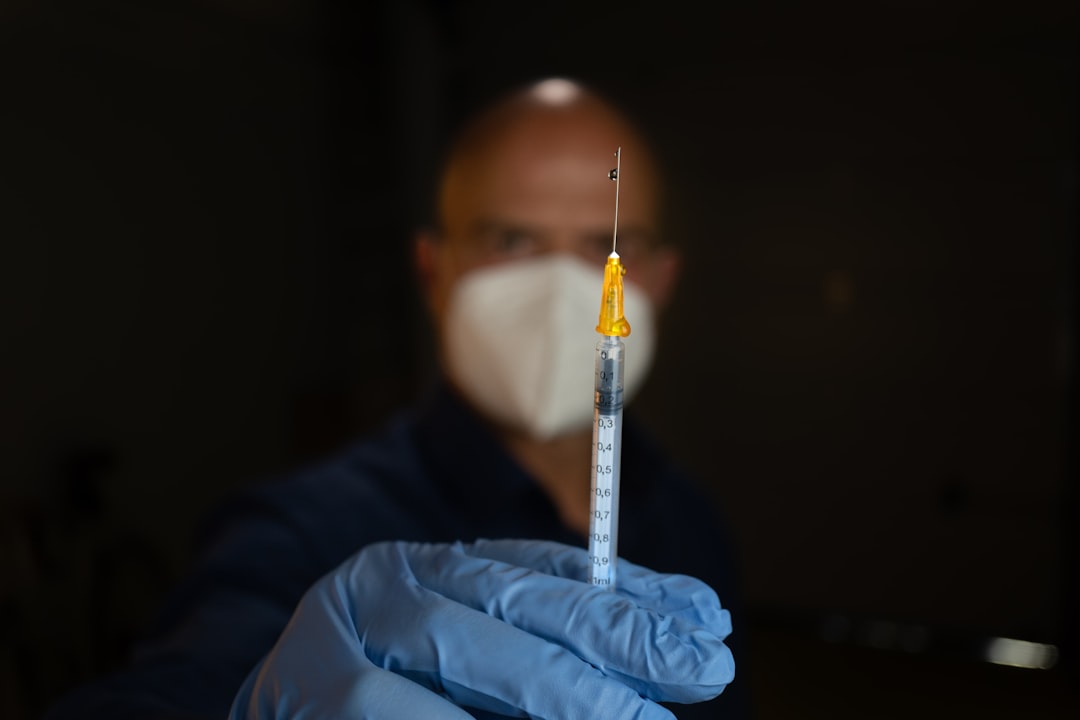What is it about?
Almost all modern neural networks systems of medical diagnostics are static. This means that they do not have a time axis, and therefore, can only make diagnoses of diseases at the current time. As a result, doctors have to make prescriptions for prevention and treatment courses without checking on computer models what this may lead to in the future. Thus, consciously or unconsciously, doctors have to experiment on patients, which is an important ethical problem. In this article, using a specific example, it is shown that this centuriesold ethical problem can be solved by further development and application of modern methods of artificial intelligence. Optimal selection of prevention and treatment courses can be made by virtual predictive experimentation on dynamic computer models of patients. The readers of this article may have a natural question: Why do the authors of many other similar medical projects not declare the possibilities of dynamic virtual experimentation? After all, artificial intelligence has become extremely popular these days, and many research teams with great financial and human resources are engaged in the development of neural network medical systems. The answer to this question lies in the fact that the authors of the intelligent dynamic system proposed in this article began to deal with the problems of artificial intelligence more than 40 years ago. During this time, a large experience of cooperation has been accumulated and mutual understanding has been established between doctors and mathematicians. We have discovered and overcome "pitfalls" that prevented a positive result from being obtained. We have developed methodological techniques and know-how, which modern young scientists do not yet possess.
Featured Image

Photo by Amanda Dalbjörn on Unsplash
Why is it important?
In the near future, it should be expected that due to the development and application of artificial intelligence methods medical science will rise to a qualitatively new level. A centuries-old ethical problem will be solved: doctors will no longer be forced to resort to immoral experimentation on patients. Optimal selection of prevention and treatment courses will be made by virtual predictive experimentation on dynamic computer models of patients.
Perspectives
I hope this article allows doctors to go beyond the usual. It will allow doctors to look at themselves from the outside through the eyes of a mathematician, physicist, engineer and an ordinary person. This article will allow physicians to see a major ethical issue that they overlook. And doctors will see how this problem can be solved.
Leonid Yasnitskiy
Perm State University
Read the Original
This page is a summary of: Artificial Intelligence and Medicine: History, Current State, and Forecasts for the Future, Current Hypertension Reviews, January 2021, Bentham Science Publishers,
DOI: 10.2174/1573402116666200714150953.
You can read the full text:
Resources
Contributors
The following have contributed to this page










